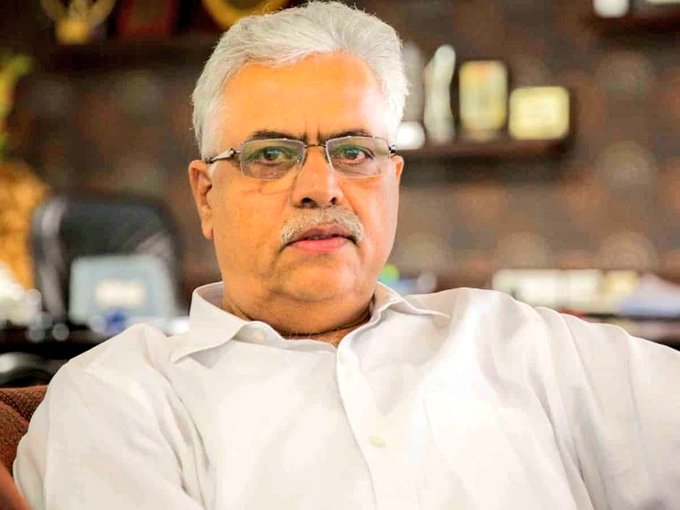Additional Sessions Judge Devender Kumar Jangala of Patiala House Courts, who was scheduled to decide it on Monday as per his September 15 order, reserved the order after hearing the arguments from both sides. The judge then listed the matter for September 26.
Last week, the Delhi High Court dismissed Arora’s petition challenging his arrest by the ED.
A single-judge bench of Justice Dinesh Kumar Sharma refused to accept Arora’s claim of his arrest being arbitrary and illegal.
Arrested on June 27 after the ED re-attached properties worth Rs 40 crore belonging to him in this matter, Arora had said that he was arrested without being informed about the grounds of arrest.
The court, however, rejected his claim noting that the probe agency complied with the relevant provisions of law.
“In the present case, the grounds of arrest were duly given and notified to the petitioner and he endorsed the same in writing under his signature. The core issue is of being ‘informed’ and ‘as soon as’. It if has been duly notified and brought to the notice at the time of arrest and further disclosed in detail in the remand application, it amounts be be duly informed and served,” the court said.
The court then dismissed his petition. Arora’s argument was centered on alleged violations of his fundamental rights under Article 22(1) of the Constitution of India, claiming that he was arrested without being informed of the grounds of his arrest and denied the right to consult and be defended by a legal practitioner of his choice.
However, the court observed that there was no violation of Arora’s fundamental rights, citing that there was no evidence to suggest that he was denied the right to consult and be defended by a legal practitioner.
Also, the court found no basis to conclude that the required “reason to believe” under Section 19(1) of the PMLA was not recorded in writing, thus dismissing the claim of illegal arrest.
Arora has argued that his arrest had adverse implications for nearly 17,000 home buyers and a Settlement-cum-Resolution Plan approved by the National Company Law Appellate Tribunal, which had also received Supreme Court approval.
The court, however, decided against granting interim bail in the current proceedings, deeming it “impractical” to send Arora to Mumbai in custody for meetings with financial creditors. The court said that even for granting interim bail, the provisions of the PMLA would need to be satisfied. It did suggest that, if desired, the jail superintendent could arrange a video conferencing meeting for Arora from the jail in accordance with the law.
Special Judge Jangala, on September 15, said that he needs time to go through the lengthy documents.
The probe agency had, on August 24, filed the charge sheet against Arora and eight others in the matter. The accused have been accused of defrauding at least 670 homebuyers of Rs 164 crore.
Appearing for the agency, Special Public Prosecutor N.K. Matta had earlier apprised the court that the company and its directors had indulged in a criminal conspiracy to cheat people by collecting funds from prospective home buyers as advance against flats booked in real estate projects. He had said the firm failed to adhere to the agreed obligation of providing possession of the flats on time and ended up defrauding the general public.
The money laundering case stems from a bunch of FIRs registered by the police in Delhi, Haryana, and Uttar Pradesh. It is alleged that money collected through real estate business was invested in several firms through money laundering, as the funds from the home buyers were later transferred to several accounts of firms involved in other businesses. Arora couldn’t provide satisfactory answers, which led to his arrest.
About a month ago, the Dadri administration in Greater Noida had issued a notice against Arora and Supertech, asking them to repay a total of Rs 37 crore. After the notice was served, Arora was detained at the local DM office, but was released later. According to sources, several FIRs have been filed against Arora and Supertech. They also took loans from banks, and their accounts reportedly turned into non-performing assets (NPAs).
–IANS
spr/vd
